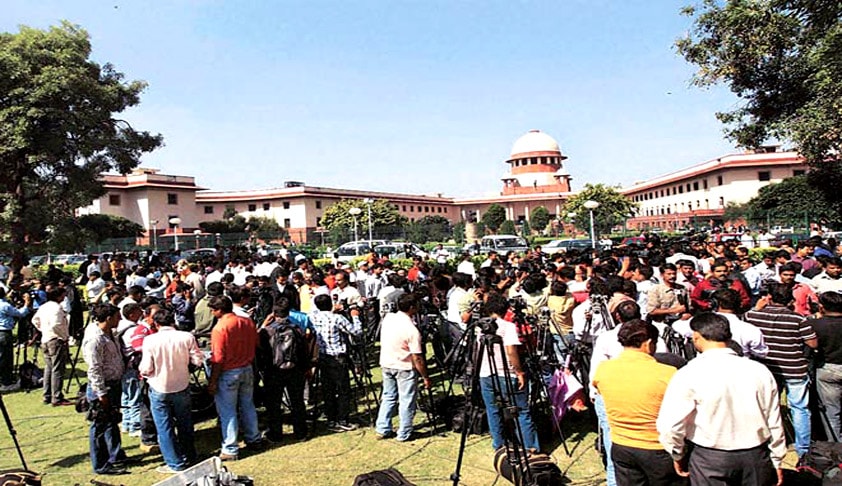- Home
- /
- Top Stories
- /
- SC Reopens Tomorrow: 10 Big Things...
SC Reopens Tomorrow: 10 Big Things To Watch Out
LIVELAW NEWS NETWORK
2 July 2017 1:00 PM IST
Supreme Court reopens Tomorrow- on July 3, Monday- after a 45 day summer break to a packed schedule. Following are the main issues of public interest coming up in the immediate future: NEW ATTORNEY GENERAL : Cases in which Senior advocate and constitutional expert K K Venugopal , who was appointed the 15th Attorney General for India on Friday, appears for the Government of India will be...
Next Story



